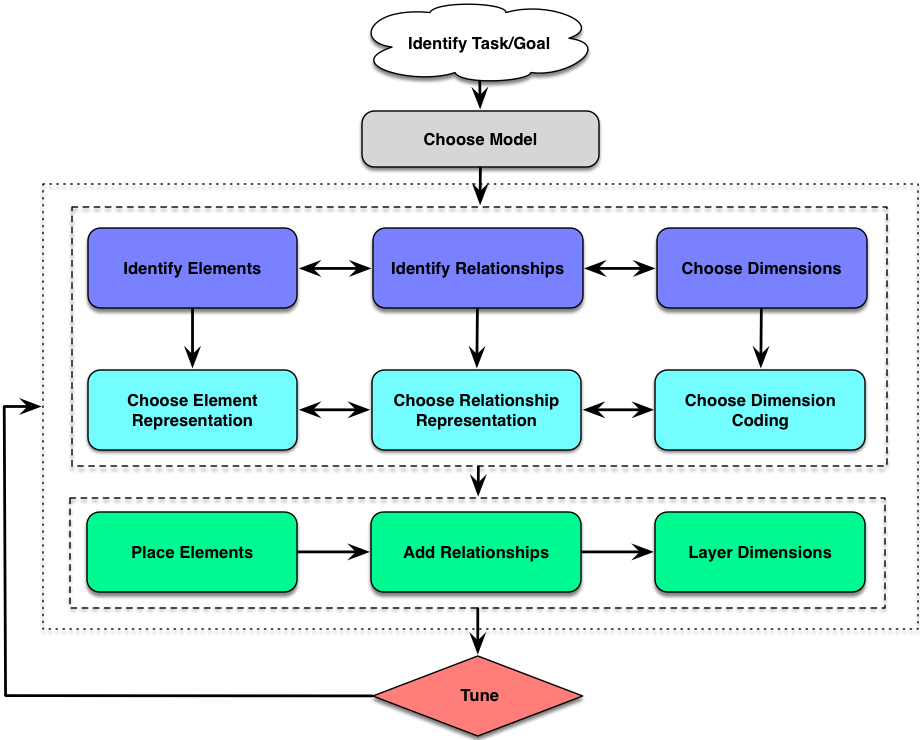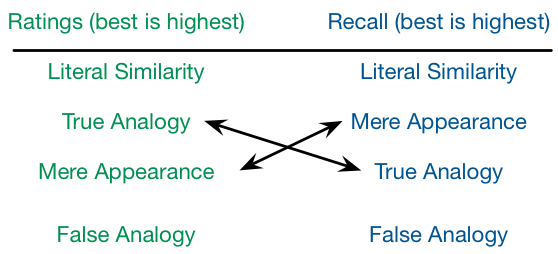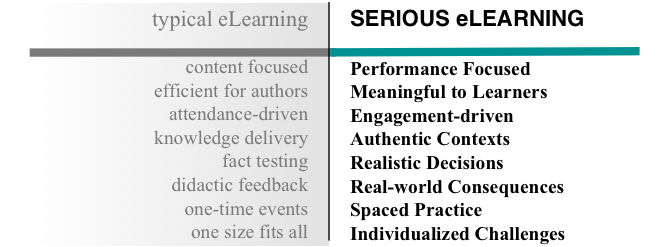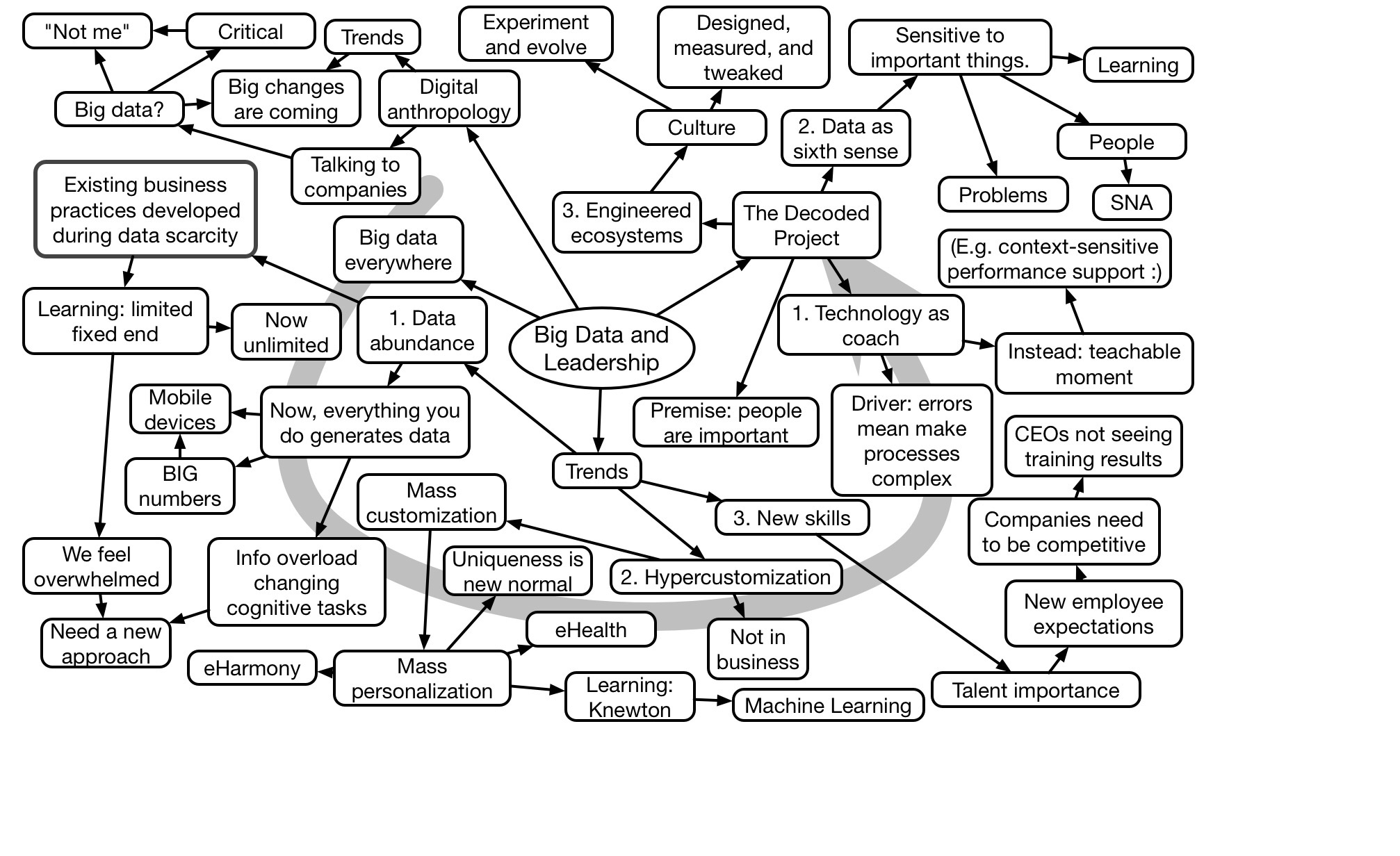I wrote an article for Jane Hart’s Modern Workplace Learning magazine, triggered by my thought that in her tools survey, I didn’t see a lot about a certain set of reflection (c.f. last weeks posts on diagramming) and experimentation tools: meta-learning tools. In particular, for the latter, I wondered about what there was to track your own learnings. And Jane commented to me that she knew of one, and I was reminded of more.
Now, I don’t know much about any of these, but she mentioned PebblePad, and I noted that I’ve talked with Degreed before, and saw that HT2 has a tool called Red Panda. And I think this could become an interesting area. Coupled with tools that support learning streams, personal learning could be boosted.
So tools like Axonify, Anders Pink, and EdCast all have varying models about making knowledge available and streaming bits and pieces over time. They’re pull as well, but for one definition of microlearning (that of streaming small bits over time to develop, e.g. slow learning), they could be a valuable part of personal development.
If we then track our learnings (and not just what’s through the tool, but other things we do such as attending events, interviewing people, etc), we can maintain ourselves on a path to efficacy. That is, if we’ve registered goals, and broken it up into steps, and track our progress (and reward ourselves), we have a higher likelihood of continuing our improvement.
What I haven’t seen, as yet, and think could be an important part of this, is layering on additional support for learning itself, meta-learning. For each type of learning activity, there could be support for doing that well, including setting and reviewing learning paths.
There’s more pressure for individuals to take responsibility for their own learning (as well as for enlightened organizations that want to support learning). So we need to be getting systematic about not only support for the content, but also for the process. This provides the opportunity is to accelerate the process. And our success.




